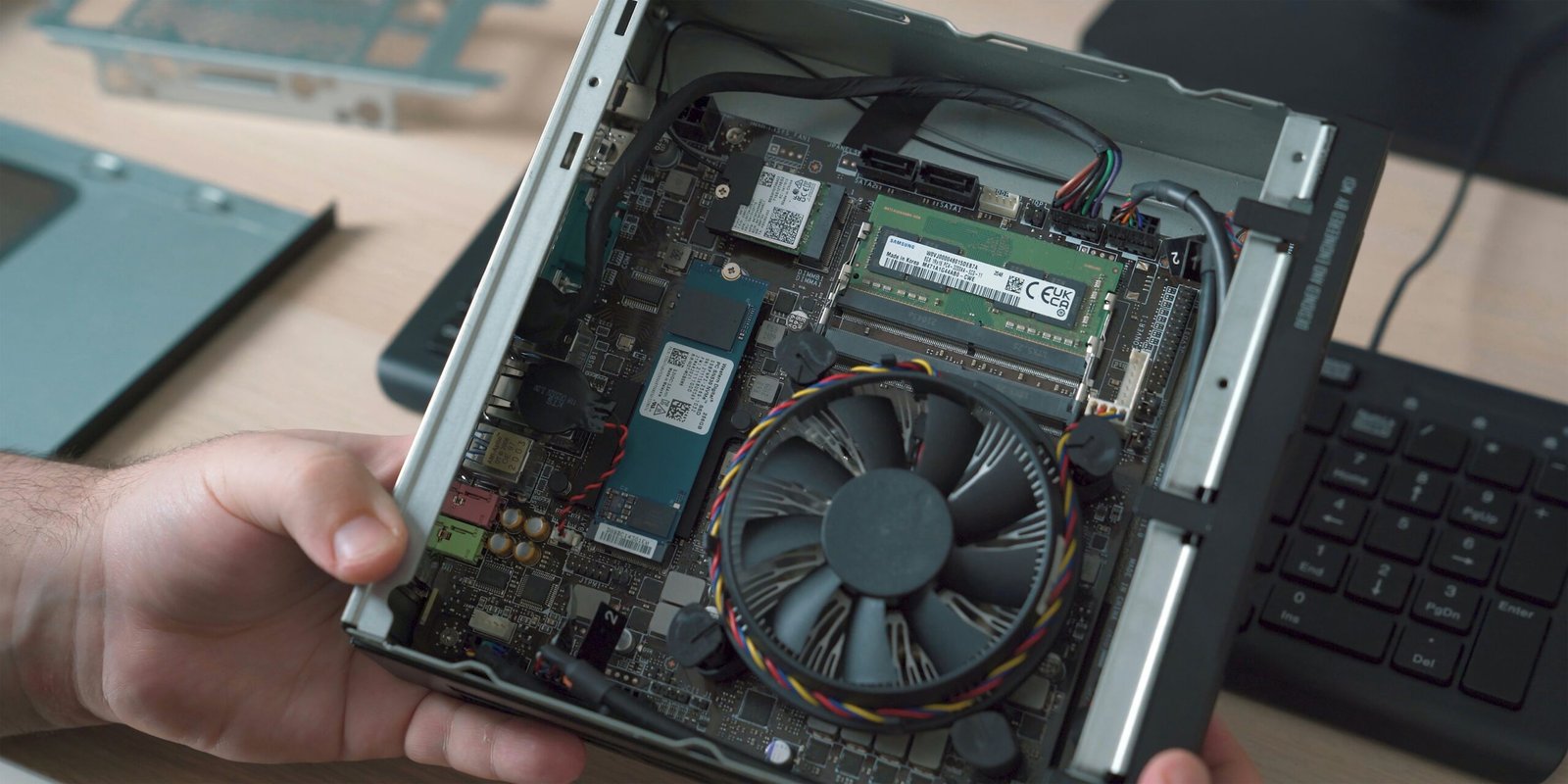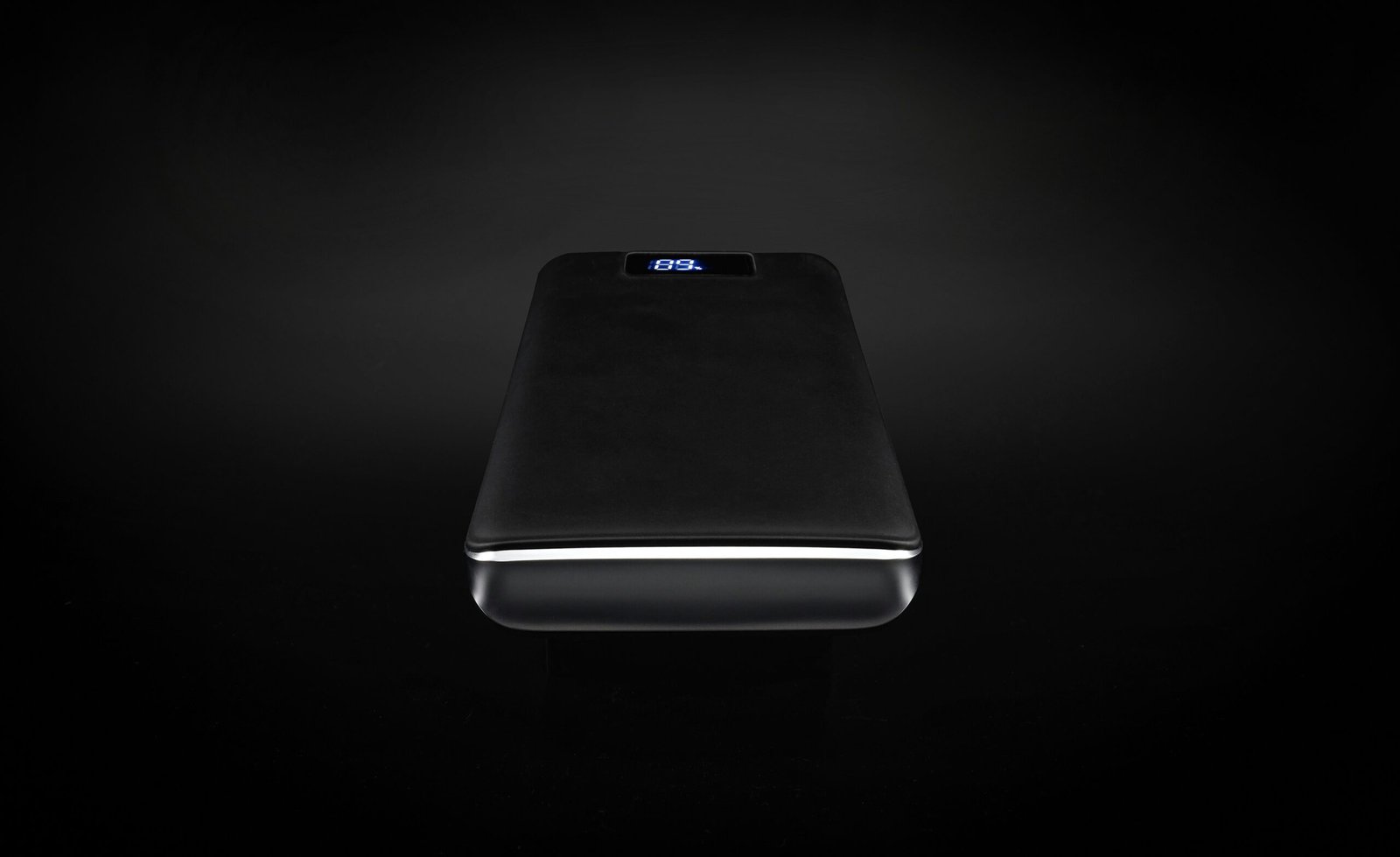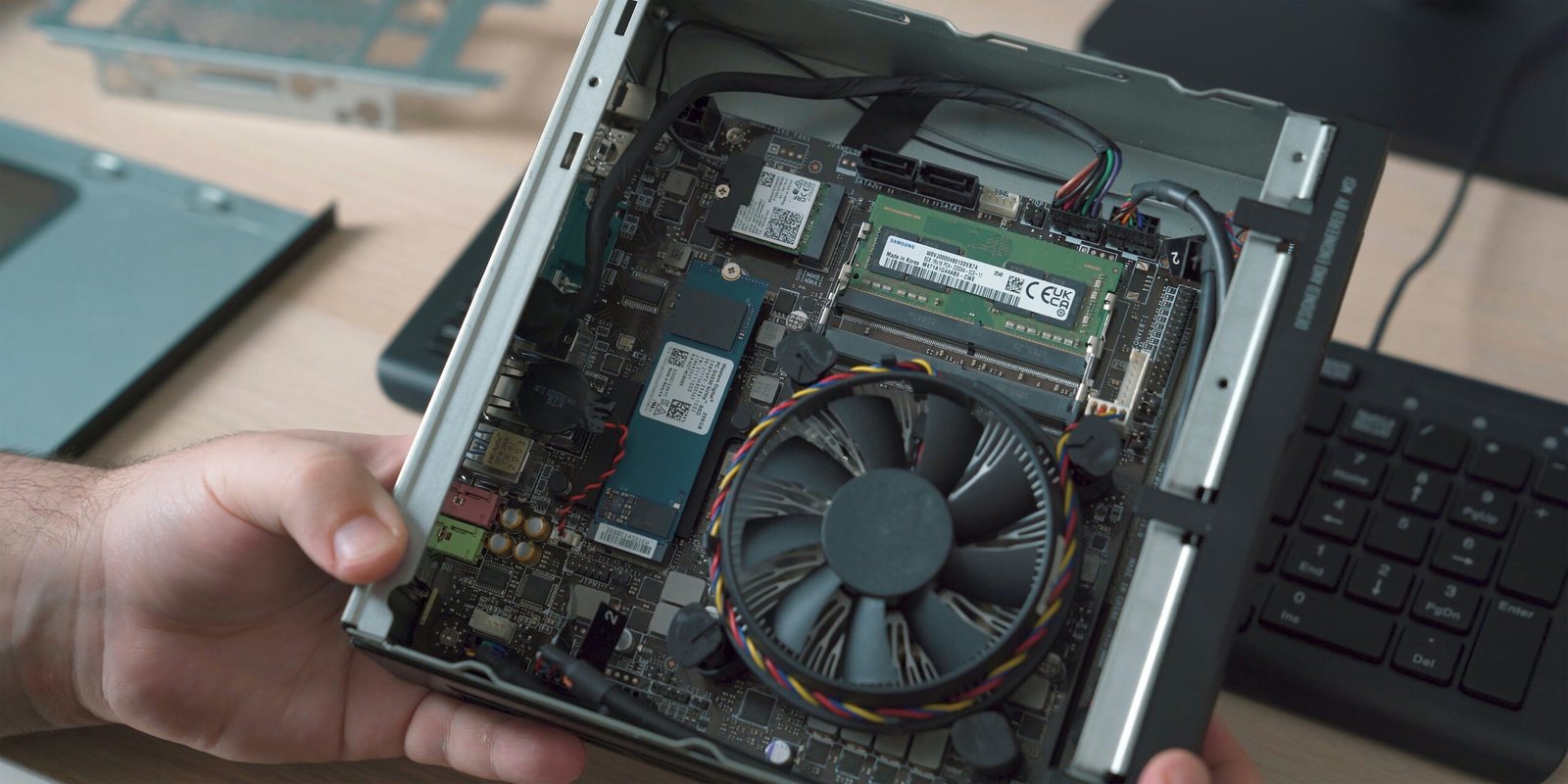Can a Mini PC Be Good for Gaming?
Introduction to Mini PCs and Gaming
Mini PCs have rapidly gained traction in recent years due to their compact design and ever-improving performance capabilities. These small form-factor computers are celebrated for their space-saving qualities and energy efficiency, making them highly suitable for various purposes, including home office setups, media centers, and education. Their sleek, unobtrusive design allows users to conserve valuable desk space without compromising on functionality, an appealing feature for those with limited workspace.
However, when it comes to gaming, the skepticism surrounding mini PCs is understandable. The compact nature of these devices often leads to assumptions that they cannot compete with traditional gaming desktops in terms of performance and graphical prowess. Potential gamers may question whether a mini PC could handle resource-intensive applications and modern gaming titles that demand high frame rates and fast response times.
Despite these concerns, advancements in technology have led to significant improvements in the hardware capabilities of mini PCs. Today, many mini PCs are equipped with powerful processors, high-performance graphics cards, and ample memory, thereby challenging the notion that small size equates to limited performance. The introduction of mini PCs explicitly designed for gaming has further expanded their appeal, catering to gamers who seek both compactness and power.
In this blog post, we will delve into whether mini PCs can genuinely offer a good gaming experience. We will examine their technical specifications, compare them to traditional gaming systems, and explore real-world performance in gaming scenarios. By the end of this exploration, you will have a clearer understanding of the viability of mini PCs as a gaming solution and whether these compact machines can meet the demands of modern gamers.
Performance and Hardware Specifications
The hardware components of a mini PC play a critical role in determining its capability for gaming. Core components such as the CPU (central processing unit), GPU (graphics processing unit), RAM (random access memory), and storage are imperative for an optimal gaming experience. Traditional gaming desktops and laptops have long been the benchmark in gaming due to their high-performance specifications, leaving many to question if mini PCs can measure up.
In recent years, innovations in mini PC technology have led to notable improvements, particularly in performance-critical areas. Modern mini PCs are now equipped with high-performance CPUs such as Intel Core i7 or AMD Ryzen series, which provide robust processing power comparable to their desktop counterparts. These processors surpass the requirements of many current gaming titles, offering smooth and responsive gameplay.
Equally essential is the GPU. Many current mini PCs come with dedicated GPUs, such as NVIDIA’s GeForce GTX or RTX series, bringing excellent graphical performance to compact devices. These GPUs are capable of handling high-fidelity graphics and intensive gaming tasks, bringing the mini PC closer in performance to conventional desktops and laptops. The presence of dedicated graphics cards signifies that mini PCs can now run modern games with high settings and satisfactory frame rates, something previously unachievable with integrated graphics.
RAM and storage configurations in mini PCs also mirror those found in gaming desktops. Mini PCs often come with 16GB to 32GB of RAM, which is more than adequate for multitasking and running demanding games smoothly. Fast storage options, like NVMe SSDs, ensure quick load times and an overall snappy system performance, comparable to what is available in higher-end gaming laptops.
While there might be limitations regarding upgradeability compared to traditional gaming systems, many mini PCs offer some degree of customization. Users can often upgrade the RAM and storage, although replacing the CPU or GPU can be more challenging due to space constraints and integrated designs. Nonetheless, the advancements in mini PC technology demonstrate that they are capable of handling modern games effectively.
Gaming Experience on Mini PCs
Mini PCs have increasingly garnered attention as viable platforms for gaming, bridging the gap between portability and performance. When it comes to game load times, these compact devices generally perform admirably, thanks to modern SSD storage solutions that significantly speed up access to game files. Whether you are launching open-world titles like “The Witcher 3: Wild Hunt” or multiplayer games such as “Fortnite,” load times are often comparable to those on full-sized desktop PCs.
Graphics quality is another crucial aspect of the gaming experience. High-end mini PCs featuring advanced GPUs like the NVIDIA GeForce RTX series can handle ray tracing and high-resolution textures, offering visually stunning experiences. On titles like “Cyberpunk 2077,” users have reported impressive visual fidelity and smooth gameplay, particularly on devices equipped with sufficient RAM and a powerful GPU. Mid-range mini PCs, equipped with Intel Iris Xe or NVIDIA GTX series graphics, may require some compromise on settings but can still deliver satisfying visuals on less demanding games like “Rocket League” or “Among Us.”
Frame rates are an essential metric for gauging gaming performance. High-end mini PCs often achieve frame rates upwards of 60 FPS on ultra settings in AAA titles, while mid-range models may hover around 30-45 FPS on medium to high settings. For instance, benchmarks indicate that “Assassin’s Creed Valhalla” runs smoothly at 60 FPS on ultra settings on a mini PC with an RTX 3060, whereas a mid-range device with a GTX 1650 achieves around 40 FPS on medium settings.
Potential challenges like lag or overheating can affect the gaming experience on mini PCs. Overheating issues are mitigated through advanced cooling systems present in higher-end models. However, users of mid-range mini PCs should be cautious and may need to invest in additional cooling solutions for prolonged gaming sessions. Similarly, connection lag is minimal if the network infrastructure is robust, though reliance on wired connections is advisable for the best experience in competitive games.
Real-world reviews often highlight these devices’ compact nature and performance capabilities. However, limitations exist, primarily due to their smaller form factor. Some mini PCs offer limited upgrade options and may not match the absolute peak performance of full-sized desktops. Nonetheless, the trade-offs are often considered minor when weighed against the benefits of portability and space-saving design.
Pros and Cons: Is a Mini PC Right for You?
When considering a mini PC for gaming, it is important to weigh both the advantages and disadvantages. One of the most notable benefits of a mini PC is its portability. These compact devices are easy to transport, making them an excellent choice for gamers who require mobility or have limited desk space. The ease of setup is another key advantage. Mini PCs often come as ready-to-use systems, requiring minimal effort to get started, which can be particularly appealing to less tech-savvy users.
Versatility is a strong point in favor of mini PCs. These devices can serve multiple purposes beyond gaming, such as acting as media centers or workstations, offering comprehensive solutions for various computing needs. However, the versatility of mini PCs also comes with some drawbacks, particularly in terms of their upgradeability. Due to their small size, mini PCs often have limited space for adding new components, which can restrict the ability to upgrade hardware as newer technology becomes available.
Cost is another factor to consider. While entry-level and mid-range mini PCs can be reasonably priced, top-tier models often come with a higher price tag. This could be a potential downside for budget-conscious gamers seeking high-end performance. Nonetheless, for users who value space-saving design and portability over the ability to upgrade, the trade-off might be worthwhile.
Mini PCs are particularly beneficial for specific user profiles. Casual gamers who place a high premium on portability or those who live in small apartments would likely find a mini PC to be a good fit. Similarly, individuals who need a multi-purpose device—for example, work during the day and game in the evening—may appreciate the convenience and versatility that mini PCs offer.
In conclusion, while mini PCs come with certain limitations, they also provide unique advantages that can make them a suitable choice for various users. By carefully considering your specific gaming needs and budget constraints, you can determine whether a mini PC aligns with your requirements.







